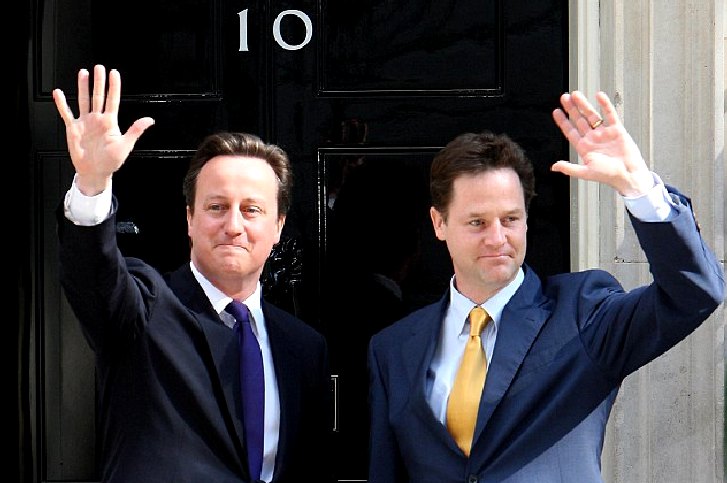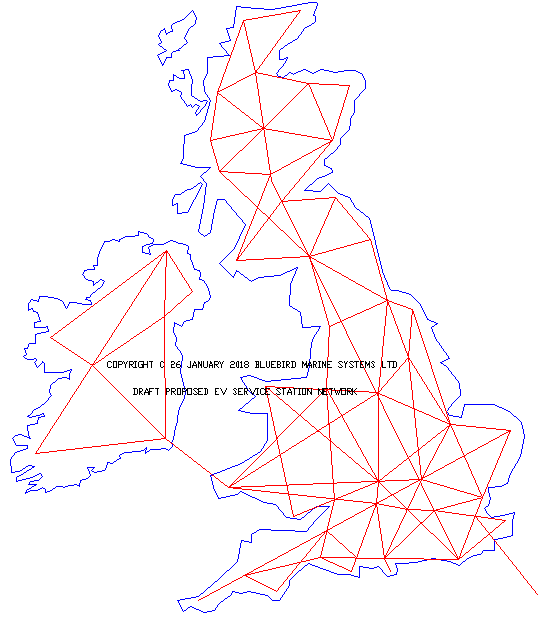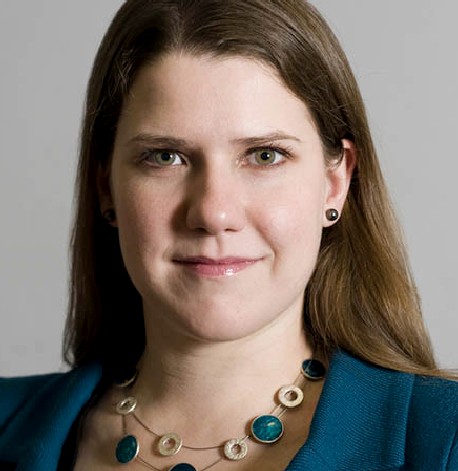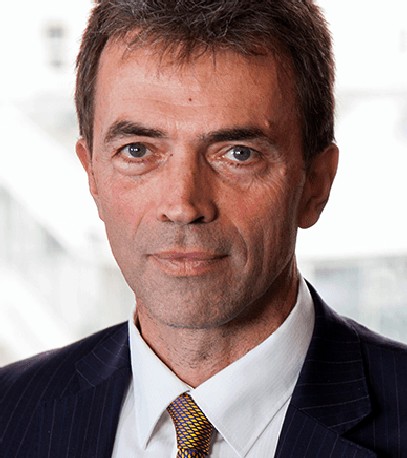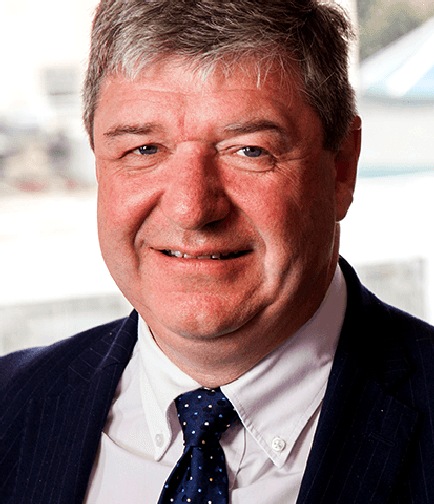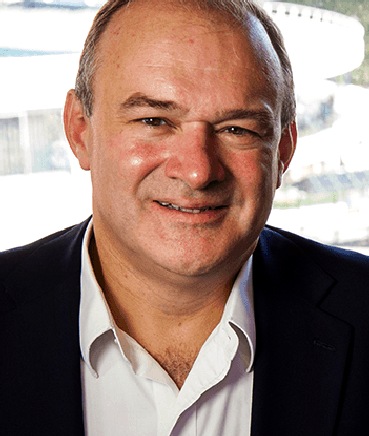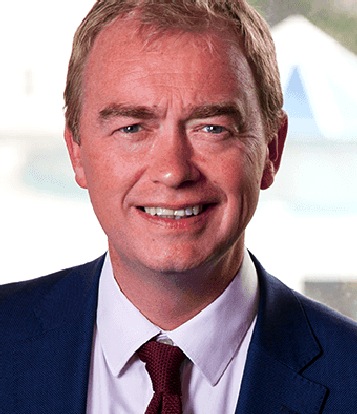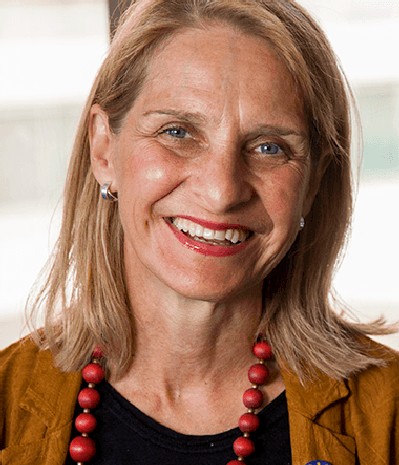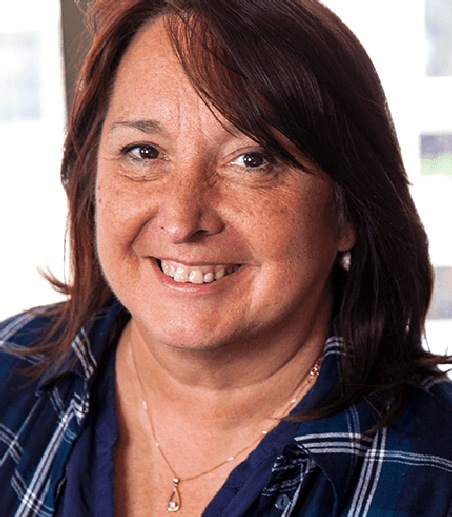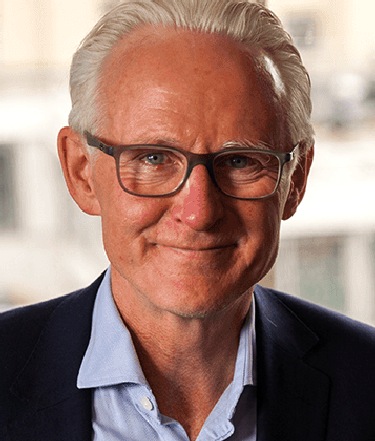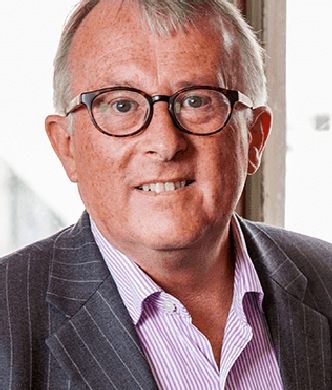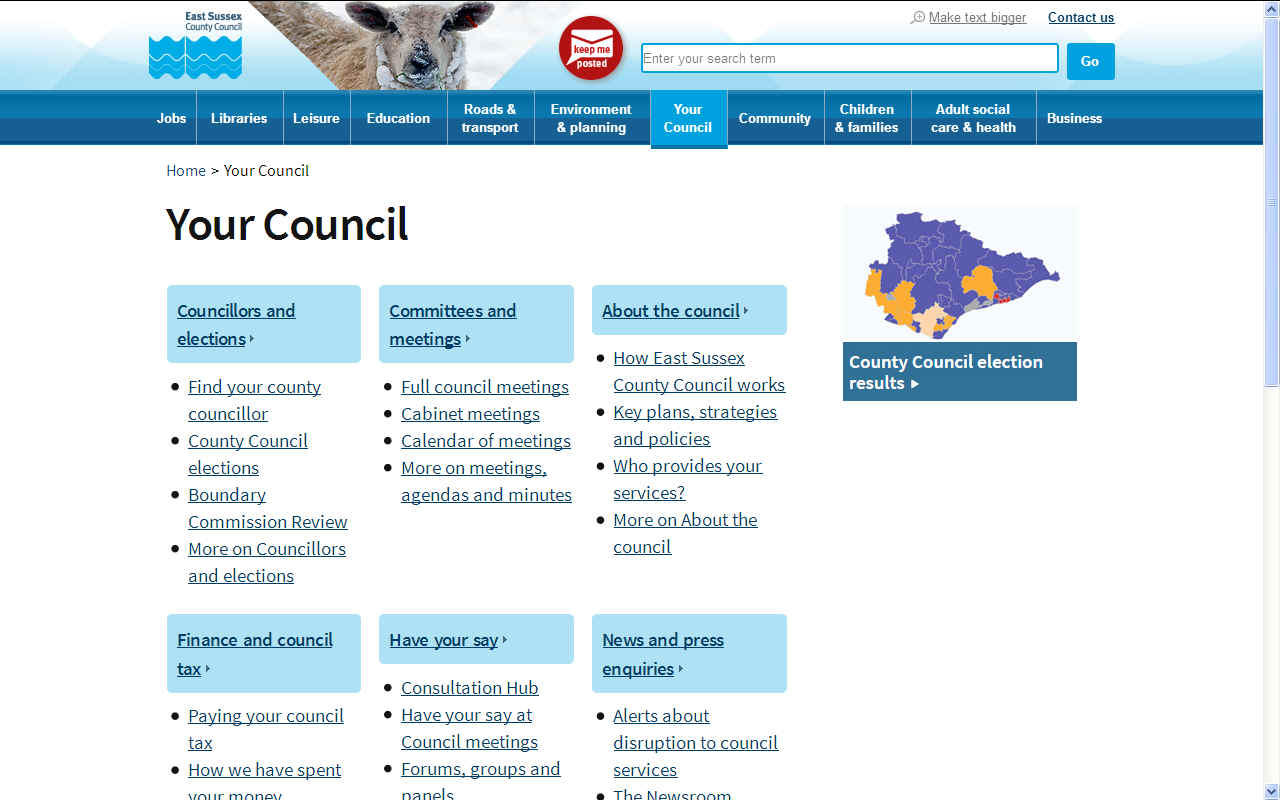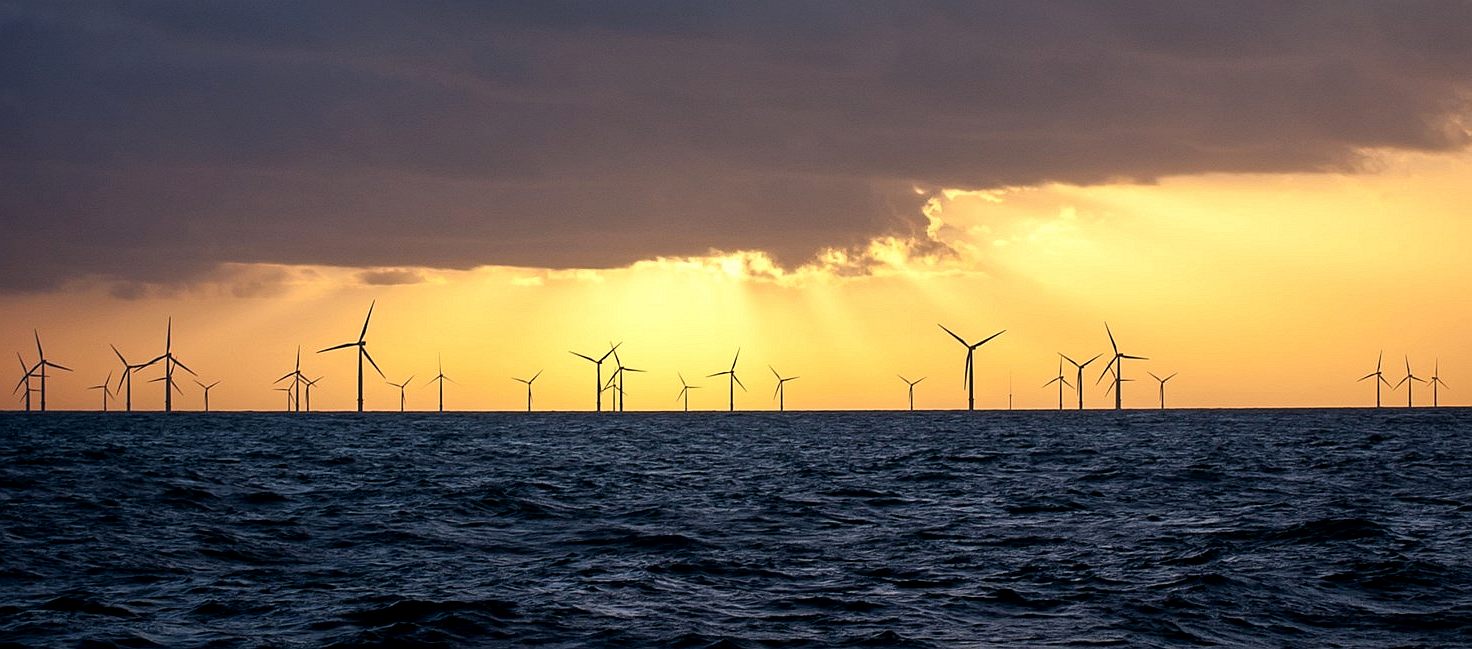|
LIBERAL DEMOCRAT PARTY
ABOUT - CONTACTS - FOUNDATION - HOME - A-Z INDEX
|
||||||||||||
LIBERAL DEMOCRATS COALITION - LET'S PUT THAT BEHIND US - David Cameron, the then new prime minister, welcomed his deputy prime minister, Nick Clegg, to Downing Street in 2010.
The Liberal Democrats joined forces with the Conservatives in 2010 following a General Election revelation from voters that the public had no real preference for any of the election promises - mainly because the policies were all so lacklustre - or the voters believed that they would come to naught, which amounts to the same thing - and they did in terms of climate change, because as a nation we are failing to reach our EU agreed targets with Michael Gove being summoned to Europe in January 2018 because of our abysmal performance.
Under the leadership of Sir Vincent Cable, we are hopeful that the national debt might be reduced by investing in Blue growth and Renewable Energy. We also hope that low carbon transport will be high on the agenda, where at the moment there are only 14,000 charging points in the UK for 25,000,000 million vehicles.
The UK needs a Climate Action Plan for EVs and a strong Government to see it through - to provide energy for 25 million low carbon vehicles before 2050. This Climate Action Plan for Electric Vehicles (CAPEV), must mesh with house building of necessity for a SMART solution. A Circular Economy must be built on sound economics, based on reliable statistics.
If the average driver in the UK travels 10,000 miles per year and let us suppose (for example) that this person operated a BMW i3 as we do, they will need to charge up 125 times in a year x 20kW = 2,500 kWh (2.5Mwh). Multiply this by 10 million vehicles (under half the 25 million licensed vehicles) and we are going to need a whole lot of load leveling, or sharing, or something in between. Where 10 million x 2.5Mw = 25 million Mwh (25 Terawatts). 25TWh is not a lot compared to the overall UK energy use in 2014. 2014 is used as a bench mark where 2017 information is not sufficiently freely available in 2018. EV EFFICIENCY
Electric vehicle efficiency is considerably higher than IC vehicles to begin with, and so is the supply chain, and only EVs can use clean renewable energy as electrical energy. If we used 100TWh to cover all of our transport needs in the UK, that would represent an enormous saving in our energy bill, help to pay off our debts and reduce carbon output all at the same time.
Electric cars should last longer than IC, with fewer moving parts. The i3 is mostly made of composite material and aluminium, so that rusting may not be a problem. This could mean that manufacturing for transport also sees an energy reduction - benefiting climate change reductions and sustainability.
CURRENT ELECTRICITY USAGE
Energy use in the United Kingdom stood at 2,249 TWh (193.4 million tonnes of oil equivalent) in 2014. This equates to energy consumption per capita of 34.82 MWh (3.00 tonnes of oil equivalent) compared to a 2010 world average of 21.54 MWh (1.85 tonnes of oil equivalent). Demand for electricity in 2014 was 34.42GW on average (301.7TWh over the year) coming from a total electricity generation capacity of 335.0TWh.
Britain's
trade deficit was reduced by 8% due to substantial cuts in energy
imports. Between 2007 and 2015, the UK's peak electrical demand fell
from 61.5 GW to 52.7.GW.
ON STREET CHARGING - If we are to provide enough charging points to cope with an all electric 2040, we will need to install around 280,000 units per year for the next 22 years. That is 767 charging points a day, based on the assumption that one in four cars will be charging at any one time in 2040 and not the full Monty. There will not be a charging point for every car, but realistically, we are never going to install 767 stations every day and home charging will help us out a bit.
COALITION ENVIRONMENT PROMISES 2010
In pursuit of the parties' policies on creation of "a low carbon
and eco-friendly economy", a range of measures would be adopted.
In transport, a high speed rail network would be established,
while the proposed third runway at London Heathrow Airport would be
cancelled, and no new runways would be approved for London Gatwick
Airport or London Stansted Airport.
The United Kingdom has many political parties, some of which are represented in the House of Commons and the House of Lords. Below are links to the websites of the political parties that were represented in the House of Commons after the 2015 General Election:
SOCIAL DEMOCRATIC AND LABOUR PARTY
We are concerned with how the make up of the above parties and (reasonably) popular policies affects the citizen in United Kingdom with regard to heath, wealth and sustainability, but as our charity is located in the Wealden district, this seems to be a good place to start our investigations and lobbying for change.
We are all brothers on two islands in the Atlantic Ocean and what we do or fail to do is likely to rebound on ourselves and our fellow man in other nations around the world. How we act today influences policies in other countries in our global community. It is not just about us and our patch.
East Sussex has five District and Borough Councils, each with a border on the coast. From west to east they are:
There is also East Sussex County Council as the provider of services to the 5 East Sussex districts.
As near neighbours and with councils now sharing facilities and working together, these area of Sussex are included in our remit and an area where climate change and affordable housing are issues that need urgent attention. Where the coastline is a feature in every Council, Blue Growth is a food security issue, especially where this side of of our local economy is under-exploited.
LINKS
http://
|
||||||||||||
|
This website is provided on a free basis as a public information service. Copyright © Cleaner Oceans Foundation Ltd (COFL) (Company No: 4674774) 2018. Solar Studios, BN271RF, United Kingdom. COFL is a charity without share capital.
|
